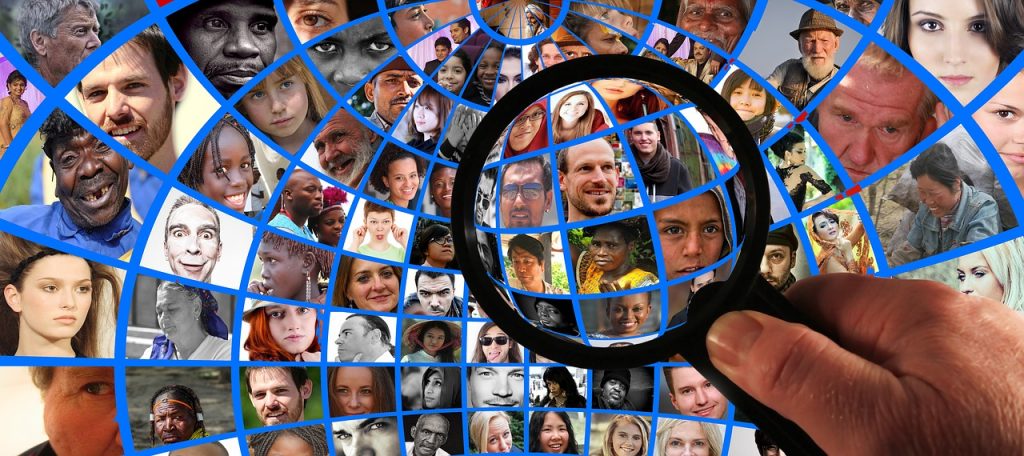Facebook Confirms That It Can’t Keep Track Of User Data?
A Facebook engineer admitted that the company can't keep track of where user data winds up.
This article is more than 2 years old
We live in an increasingly digital world. Most of us rely on online systems, platforms, and websites for at least part of our daily tasks. We shop, order food, conduct financial transactions, and socialize. And we trust companies to protect our privacy and our data when we do so. Over the last few years, that trust has gotten called into question, particularly in the case of social media companies. A prime example is Facebook, which made a big splash in the news earlier this year over how they deal with user data.
The company was already in a lengthy court battle surrounding the Cambridge Analytica revelation that shocked the country. Then, early this year, Motherboard published a story that covered a damning internal Facebook document. This document contained details that the social media giant did not know what happens to user data once they get ahold of it.
In and of itself, the internal Facebook document wasn’t good news for the company. But, there was no corroboration to prove its authenticity. That all changed when the court unsealed documents from the hearing. They provided a shocking glimpse inside the inner workings of Facebook. According to two of the engineers who testified at the trial, nobody inside Facebook knows what happens to user data.
The two engineers who testified are not low-level employees, either. Eugene Zarashow is an engineering director, and Steven Elia is a software engineer manager with Facebook. According to reporting by Vice, they have both been with the company since 2011. So they are intimately familiar with the backend systems and the code. After all, they helped to develop them. During the hearing, they were both surprisingly open about their lack of knowledge on how user data gets handled.
According to Zarashow, no individual working at Facebook could answer this critical question. He said, “It would take multiple teams on the ad side to track down exactly the—where the [user] data flows.” And where it could flow is vast. Behind the scenes, the company uses 55 subsystems. So, when they receive user data, there is no storage destination. It could go anywhere.

The testimony echoed the internal Facebook document reported on by Motherboard. In it, an engineer claimed that their software systems effectively had open borders. Information, including user data, flowed freely. And, essentially anyone could access it.
These admissions are extremely concerning to privacy experts and advocates. Without clear procedures and safety measures to protect user data, Facebook has breached the trust of millions who use its platform daily. Based on the internal document and the hearing testimonies, the company appears to be playing fast and loose with privacy issues.
While this is troubling news for the American public, company executives are not concerned. A spokesperson for Meta publicly admitted in an email to Vice that their systems were far too advanced and sophisticated for a single person to understand. So that begs the question – how can Facebook guarantee privacy and security if they cannot adequately speak to the protection of user data?



